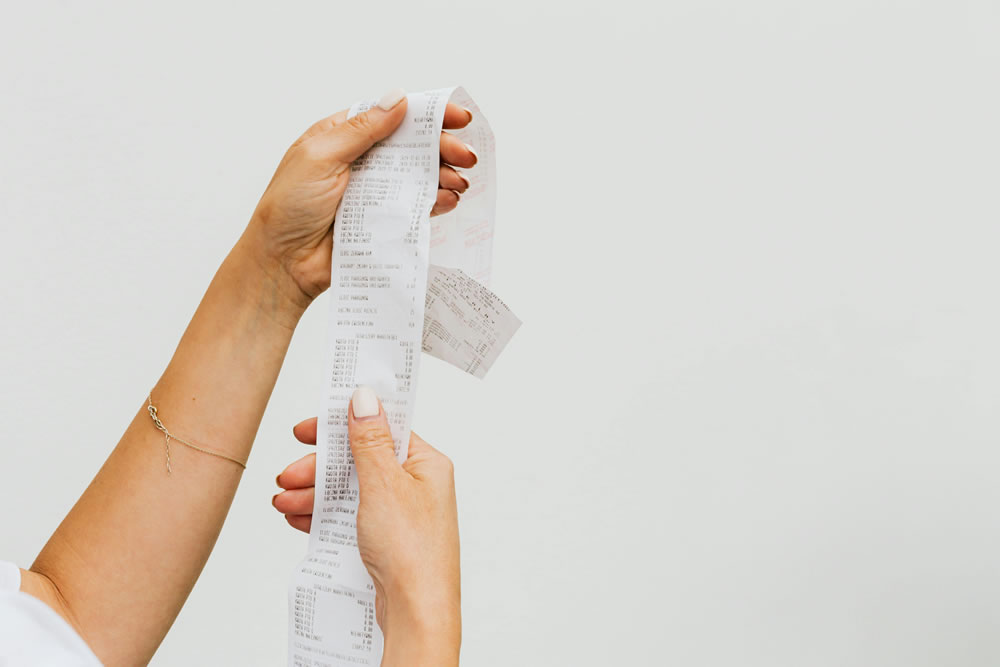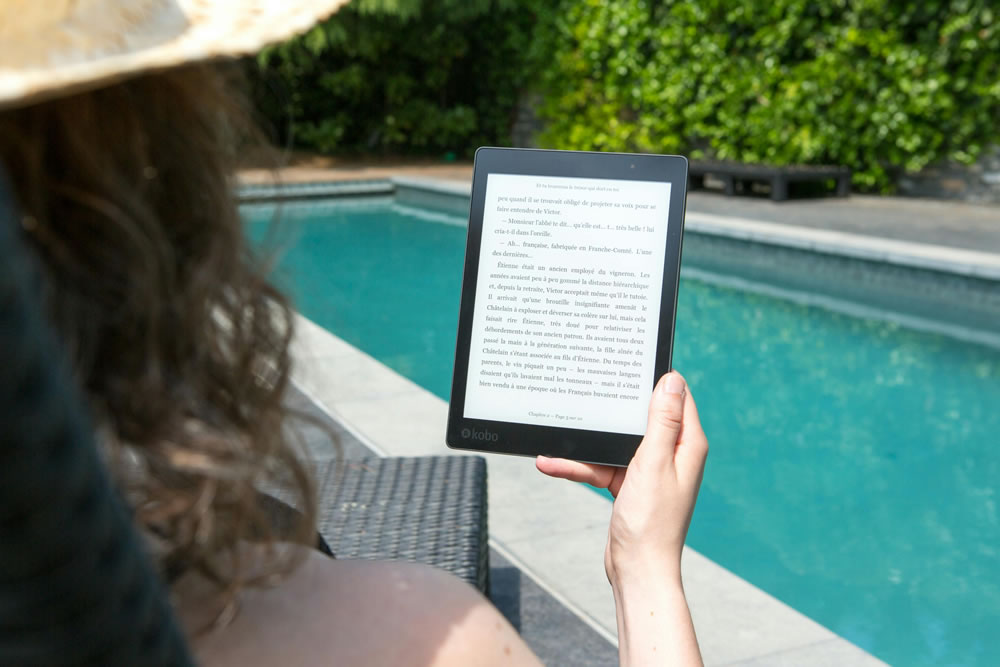The Art of Frugal Living: Daily Habits That Save Big Over Time

Adopting a frugal lifestyle involves making mindful financial decisions that align with long-term goals, such as meal planning, adopting a minimalist mindset, and practicing mindful spending. By embracing DIY skills and conserving energy, you can significantly cut expenses and save money over time without compromising your quality of life. Ultimately, frugality is about intentional spending and valuing experiences over possessions, leading to financial freedom and fulfillment.
Imagine living a life where every dollar you earn is a strategic player in your financial game plan. Where your purchases align with your deepest values and long-term goals, and saving money becomes second nature. Welcome to the art of frugal living. It's not about being cheap or depriving yourself of joy, but about making mindful financial decisions that lead to greater fulfillment and freedom. Frugality is an empowering lifestyle choice that shifts the focus from acquiring possessions to valuing experiences and financial security. By adopting certain daily habits, you can save big over time without feeling like you're sacrificing your quality of life.
Frugal living is a journey, not a destination. It evolves with you, requiring a balance of discipline and flexibility. It's about crafting a lifestyle that's sustainable and fulfilling, not just for the sake of a fatter wallet, but for a richer life. Whether you're just starting to dabble in frugality or looking to refine your approach, these strategies can help you maximize your savings and enjoy the journey along the way.
Meal Planning: The Secret Weapon
Meal planning is the frugal living aficionado's secret weapon. It's like setting up a winning strategy before you enter the grocery store battlefield. By planning your meals, you not only save money but also reduce food waste and eat healthier. Start by creating a weekly menu based on what's already in your pantry and what's on sale at your local supermarket. This approach not only keeps your grocery bill in check but also encourages creativity in the kitchen.
According to a report by the Natural Resources Defense Council, the average American household throws away about $1,500 worth of food each year. By planning meals, you can significantly cut down this wastage, turning it into savings. Consider batch cooking or using a slow cooker to prepare larger meals that can be portioned out for the week. This not only saves time and energy but also ensures you always have a healthy meal ready, reducing the temptation to dine out.
Embracing Minimalism
Minimalism is more than just a design aesthetic; it's a powerful financial tool. Embracing a minimalist mindset means focusing on what truly matters and letting go of unnecessary clutter. This doesn't mean you have to live in a stark, empty house, but it does encourage you to be intentional with your purchases. Consider whether an item truly enhances your life or if it's just another impulse buy.
The minimalist approach can transform your spending habits. Instead of seeking happiness in material possessions, you start to find joy in experiences and relationships. As Marie Kondo, the tidying expert, often suggests, keep only those items that "spark joy." By decluttering your life and reducing your consumption, you naturally save money and create a more peaceful living environment.
Mindful Spending Practices
Mindful spending is a cornerstone of frugal living. It involves being conscious of your financial choices and understanding the impact they have on your overall budget and well-being. Start by tracking your expenses to see where your money is going. This exercise can be eye-opening, revealing areas where you might be overspending.
Before making a purchase, ask yourself if it aligns with your values and long-term financial goals. Implement the 30-day rule: if you want to buy something non-essential, wait 30 days. Often, the initial urge will pass, and you'll realize you don't need the item after all. As personal finance expert Dave Ramsey puts it, "You must gain control over your money, or the lack of it will forever control you." Mindful spending allows you to take control and make purchases that truly reflect your priorities.
The Power of DIY Skills
There's a certain satisfaction that comes from doing it yourself, whether it's fixing a leaky faucet or crafting a homemade gift. Developing DIY skills can significantly reduce your expenses and increase your self-sufficiency. YouTube and other online platforms offer countless tutorials on everything from basic home repairs to sewing and cooking techniques.
By tackling projects yourself, you not only save on labor costs but also gain valuable skills that can be used repeatedly. For instance, learning to sew can save you money on clothing repairs, while mastering basic car maintenance can prevent costly trips to the mechanic. Plus, there's a unique pride in being able to say, "I made this myself."
Energy Conservation for Savings
Conserving energy is a simple yet effective way to reduce your monthly bills and contribute to a healthier planet. Small changes can have a big impact, such as switching to energy-efficient appliances, using LED light bulbs, and unplugging electronics when they're not in use. These efforts may seem minor, but they add up over time.
The U.S. Department of Energy estimates that by using energy-efficient appliances, the average household can save about $500 a year on utility bills. Consider setting your thermostat a few degrees lower in the winter and higher in the summer to save on heating and cooling costs. Every kilowatt-hour saved is money kept in your pocket, and it helps reduce your carbon footprint as well.
Experiences Over Possessions
One of the most fulfilling aspects of frugal living is shifting the focus from accumulating possessions to cherishing experiences. Research consistently shows that spending money on experiences rather than material goods leads to greater happiness and satisfaction. This could mean traveling, attending events, or simply spending quality time with loved ones.
By prioritizing experiences, you create memories that last a lifetime and foster stronger connections with others. Consider setting aside a portion of your budget for activities that enrich your life and bring joy. As Joshua Becker, author of "The More of Less," suggests, "Life is about experiences, not stuff." By adopting this mindset, you invest in a life that is not only financially sound but also deeply rewarding.
Frugal living is an art that requires intentionality and reflection. It's about crafting a life where every financial decision is a step towards greater freedom and fulfillment. By incorporating these habits into your daily routine, you can achieve significant savings over time without feeling deprived. Ultimately, frugality is about living a life that's rich in experiences, not cluttered with possessions, and finding joy in the simplicity of it all.







